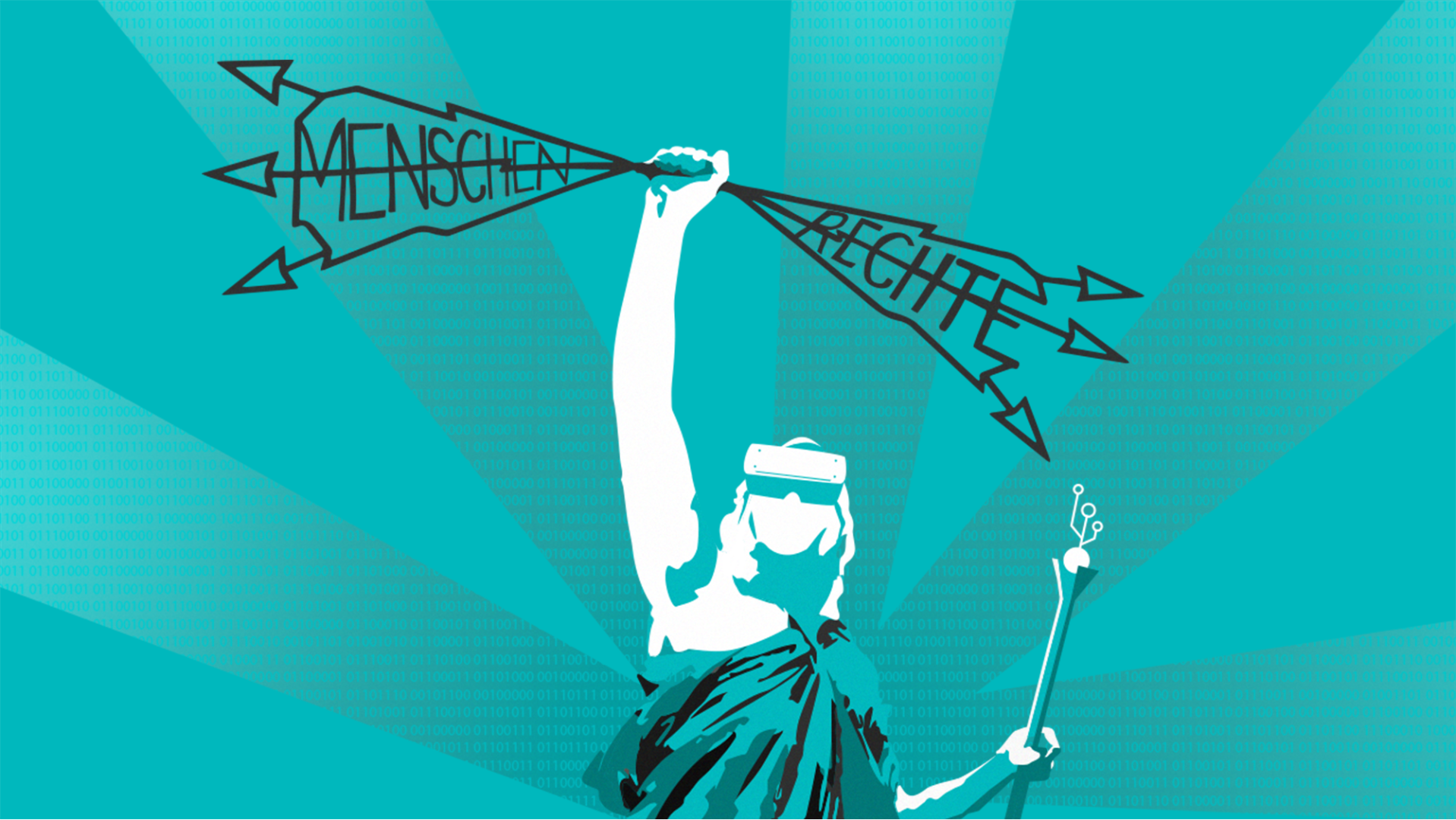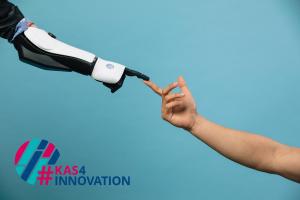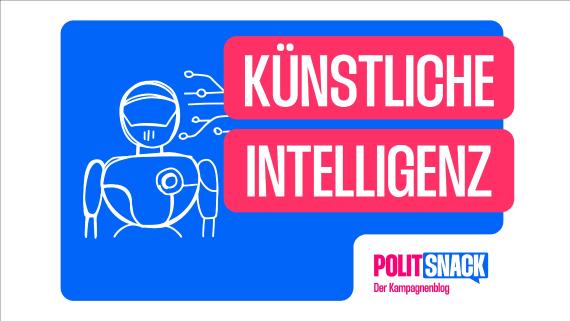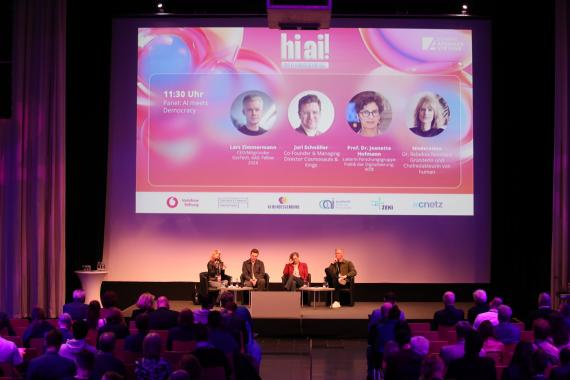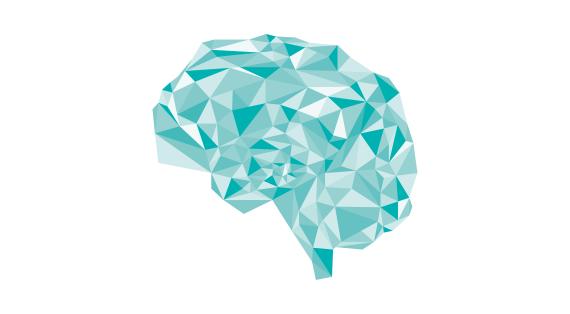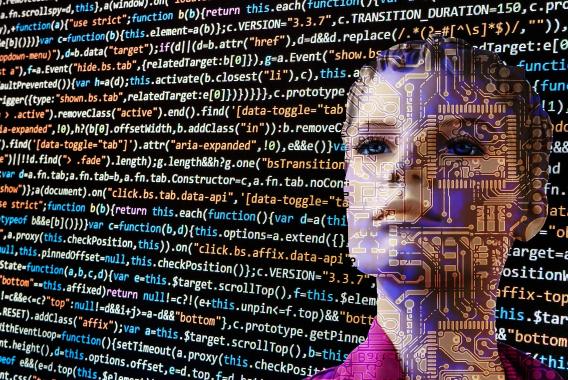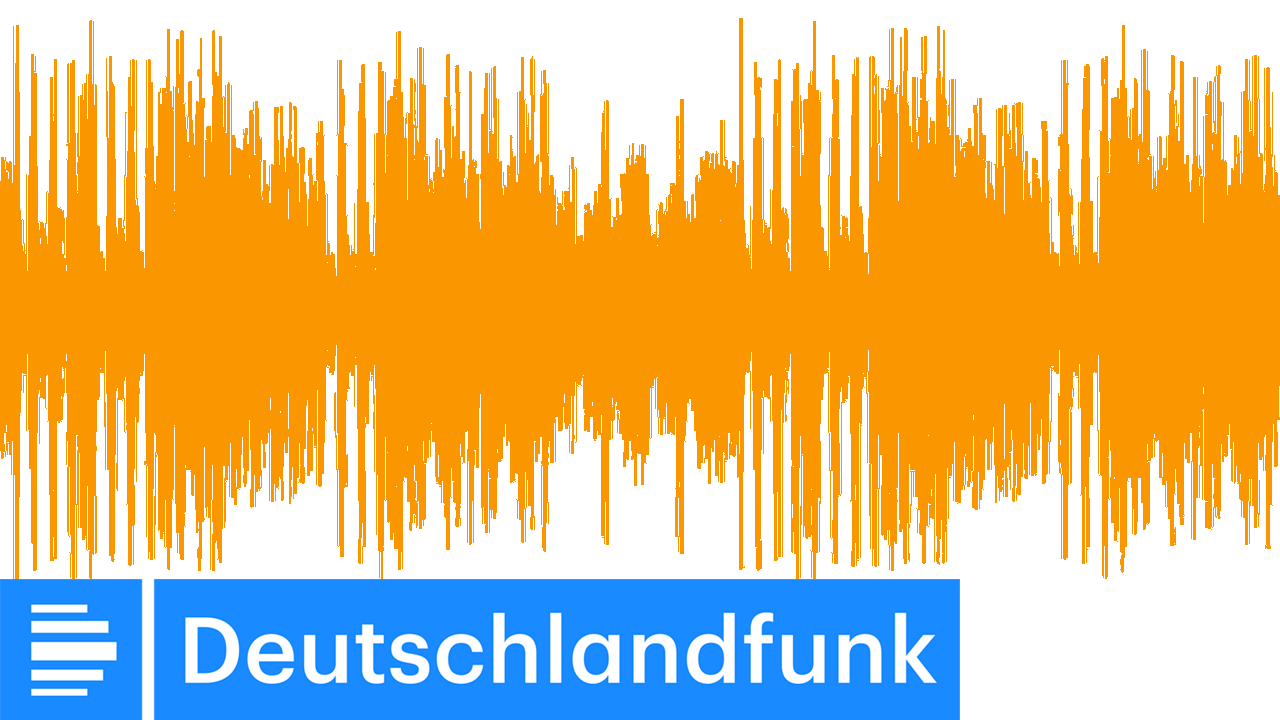If a machine is expected to be infallible, it cannot also be intelligent.
At a glance
- The analogue and digital worlds are increasingly overlapping and merging. Artificial intelligence (AI) plays a key role in this. Applications of generative AI have made it accessible to the general public.
- AI is regarded as a basic technology for innovative products and services that increase productivity and prosperity. At the same time, it represents a challenge for democracy, e.g. with regard to the labour market, elections and cyber security.
- Competition for powerful AI has flared up and is taking place along global value and supply chains. Governments around the world are defining AI strategies and building up AI expertise. This is impressively demonstrated by the growing importance of the semiconductor industry, robotics and quantum computing.
- Cooperation between politics, business and society is needed to exploit the opportunities of AI and minimise the risks. Technology is important for maintaining a free and progressive society. Our work aims to promote a better understanding of AI technologies.)
Content
1. A digital tool for efficient data filtering
2. We want to create a better understanding of AI technology
3. Our offers and projects on the topic
4. Publications, events and media contributions on the topic
In a highly interconnected society like ours, the exchange and communication with digital information shapes the everyday life. At the same time, the everyday life itself also produces data that impacts our lives. In order for us to manage the ever growing overlap of the analogue and digital world, we need suitable tools. One suitable tool is artificial intelligence (AI).
A digital tool for efficient data filtering
In simple terms artificial intelligence can be described as an automation software. It is able to efficiently scan a multitude of different data in a specifically problem-oriented manner. It helps to distinguish important information from unimportant information and to calculate individually tailored solutions from large sets of data. There are AI systems that manage tasks independently and without human help, such as the autonomous car. Other systems show their potential in interaction with humans, such as within the medical sector in the analysis of disease patterns.
It is important to note, that AI is not a digital brain, designed to think better or faster than humans. Above all, AI is a digital tool. It helps to transfer human logic and human thinking from the analogue to the digital world and to categorise data and make recommendations based on the guidelines we as humans program into the system. Herein lies the technology’s strength, but also the risks.
We want to create a better understanding of AI technology
On this page we would like to share with you analyses, expert opinions and relevant events on the topic of Artificial Intelligence. Our aim is to develop a better understanding of the AI technology and to showcase the interplay between society, politics and Artificial Intelligence. The spectrum of topics ranges from the innovative power of AI, to questions of law, to fundamental ethical issues.
We at the Konrad-Adenauer-Stiftung are convinced that technology in general, and Artificial Intelligence in particular, is an essential element in maintaining a free and progressive society. Along our Christian democratic values, our view of the technology focuses on the human being in the center.
Our offers and projects on the topic
Interactive web publication
With our publication “AI_Understanding a Technology_Trusting a Technology”, we would like to present an interactive publication answering general questions regarding AI, including interesting facts from a wide range of disciplines that come into play when talking about the essential functions of this technology. In addition to the presentation below, you can also find the pdf version of the publication.
AI_Understanding a Technology_Trusting a Technology
indd.adobe.com
Selected publication projects
Beyond individual publications on specific aspects of artificial intelligence, the Konrad-Adenauer-Stiftung has carried out a number of different publication projects on the topic, a selection of which we present here.
Web3 and Blockchain
The Internet is constantly evolving: from Web1 to Web2 to Web3. Web1 was the static internet, Web2 brought social networks and interactivity, and Web3 could bring more security, privacy and user autonomy. The basis of Web3 is blockchain technology, which used decentralised structures to create innovations such as smart contracts, tokens, cryptocurrencies and digital currencies. For the development of artificial intelligence, it could also contribute to greater data protection and promote digital sovereignty. Below you will find basic studies and insights into specific fields of application.
Quantum computing and its importance for society
Whether economically or in a societal context, quantum computing has great potential. The technology of quantum computers represents a significant technical advance. Our publications on this groundbreaking future technology deal with the potentials of quantum computers, their fundamentals and possible applications.
Artificial intelligence and human rights
With a three-part publication series, we want to show that artificial intelligence (AI) not only drives the productivity of an economy, but also empowers individuals to claim and assert their own rights. Through two expert interviews and an interactive web publication, we look at the legal implications, the design aspect of human-machine interaction and provide examples of how AI is strengthening human rights at this stage of development.





